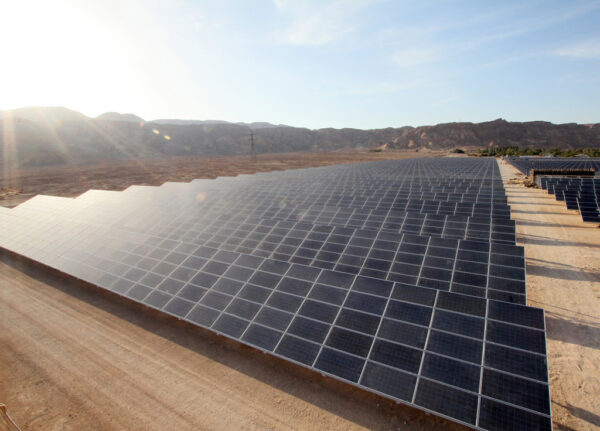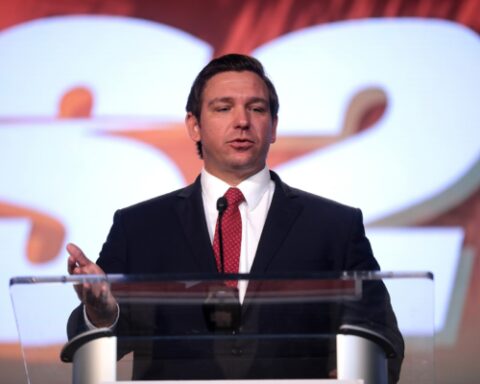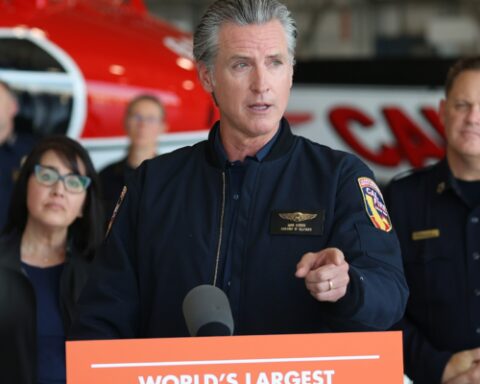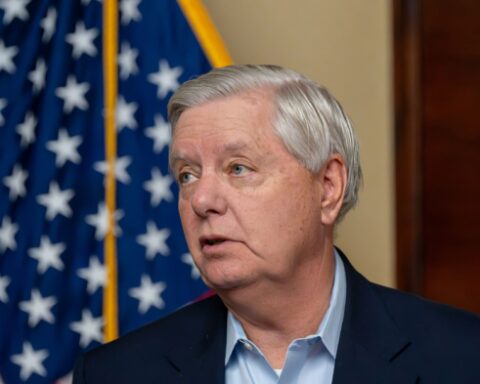A growing majority of Americans are now signaling that while they may support the idea of combating climate change, they are far less willing to pay for it themselves.
A new poll released Thursday by The Associated Press–NORC Center for Public Affairs Research and the Energy Policy Institute at the University of Chicago (EPIC) found that only 38 percent of Americans are willing to pay a $1 monthly carbon fee — a steep decline from 2021, when 52 percent expressed support for the same charge.
The findings suggest a significant shift as concerns about inflation and household costs dominate public priorities.
Unsurprisingly, support drops further as hypothetical fees climb. Only three in ten respondents said they would accept a $10 or $20 monthly surcharge, and just two in ten indicated they would pay $75 or $100 per month.
With rising prices across the economy, the poll highlights a growing reluctance among Americans to personally shoulder the burden of climate policy.
Climate activism has become a defining issue for Democratic politicians over the last decade. Rep. Alexandria Ocasio-Cortez of New York famously warned in 2019 that “the world is gonna end in 12 years if we don’t address climate change,” arguing that younger generations face existential risk. Kamala Harris, then a presidential candidate, put forward a $10 trillion climate plan and called climate change “an existential threat.”
But even as some younger Americans increasingly believe climate change is caused mostly by human activity, the poll suggests that enthusiasm fades when real-world costs enter the equation. Americans may not reject the issue outright — they simply prefer that someone else pays for it.
According to the survey, 56 percent of Americans support taxing companies for the carbon they emit — a majority who appear more comfortable shifting the financial burden to energy producers and corporations rather than households. The poll noted a broader trend: “About six in 10 Americans say oil and gas companies (62%), the federal government (60%), and large businesses and corporations (58%) bear a great deal or a lot of responsibility.” By contrast, only 31 percent say the same about individuals — a sharp drop from 50 percent in 2019.
This reversal suggests that the public sees climate responsibility not as a shared civic obligation but as a liability for industry and Washington. Policies that directly affect consumer bills, even in small amounts, are proving to be a tougher sell.
Yet environmental priorities have not disappeared altogether. The poll found overwhelming support — 70 percent — for traditional conservation efforts, including protecting lands and wildlife. Those causes have long drawn broad bipartisan agreement, separate from the costly climate proposals dominating modern political debate.
The survey paints a clear picture: Americans remain open to environmental protection, but recent economic pressures have left them far more skeptical of climate mandates that reach into their wallets.
[READ MORE: CBS Considers Bret Baier as Network Seeks New Direction Under Ellison]








